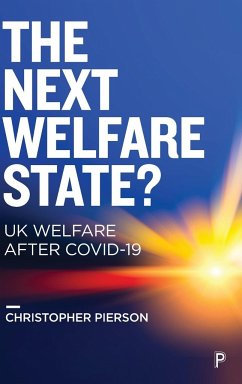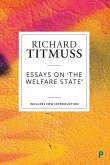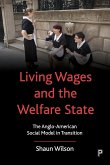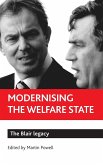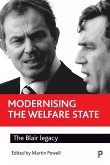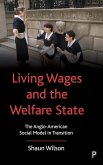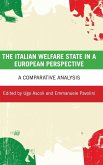COVID-19 has transformed the British welfare state. The government has created millions of new beneficiaries, spent tens of billions of pounds it doesn't have and created a mountain of public debt. And yet, when the crisis has passed, we will be left with all the old problems of welfare and well-being which we have systematically failed to address over the past fifty years. In this book, Chris Pierson argues that we need to think quite differently about how we can ensure our collective well-being in the future. To do this, he looks backwards to the welfare state's origins and development as well as forwards, unearthing some surprising solutions in unexpected places.

